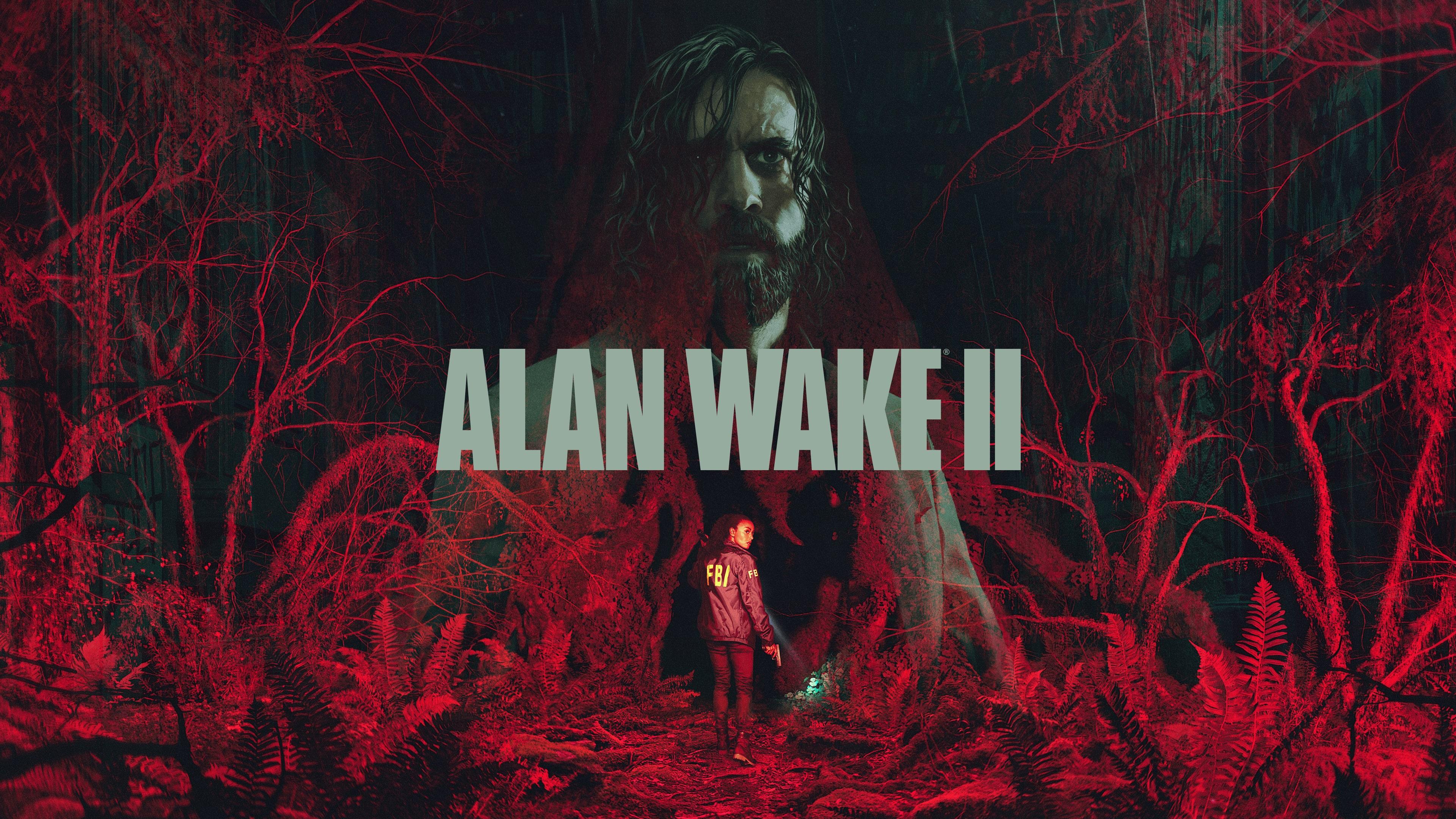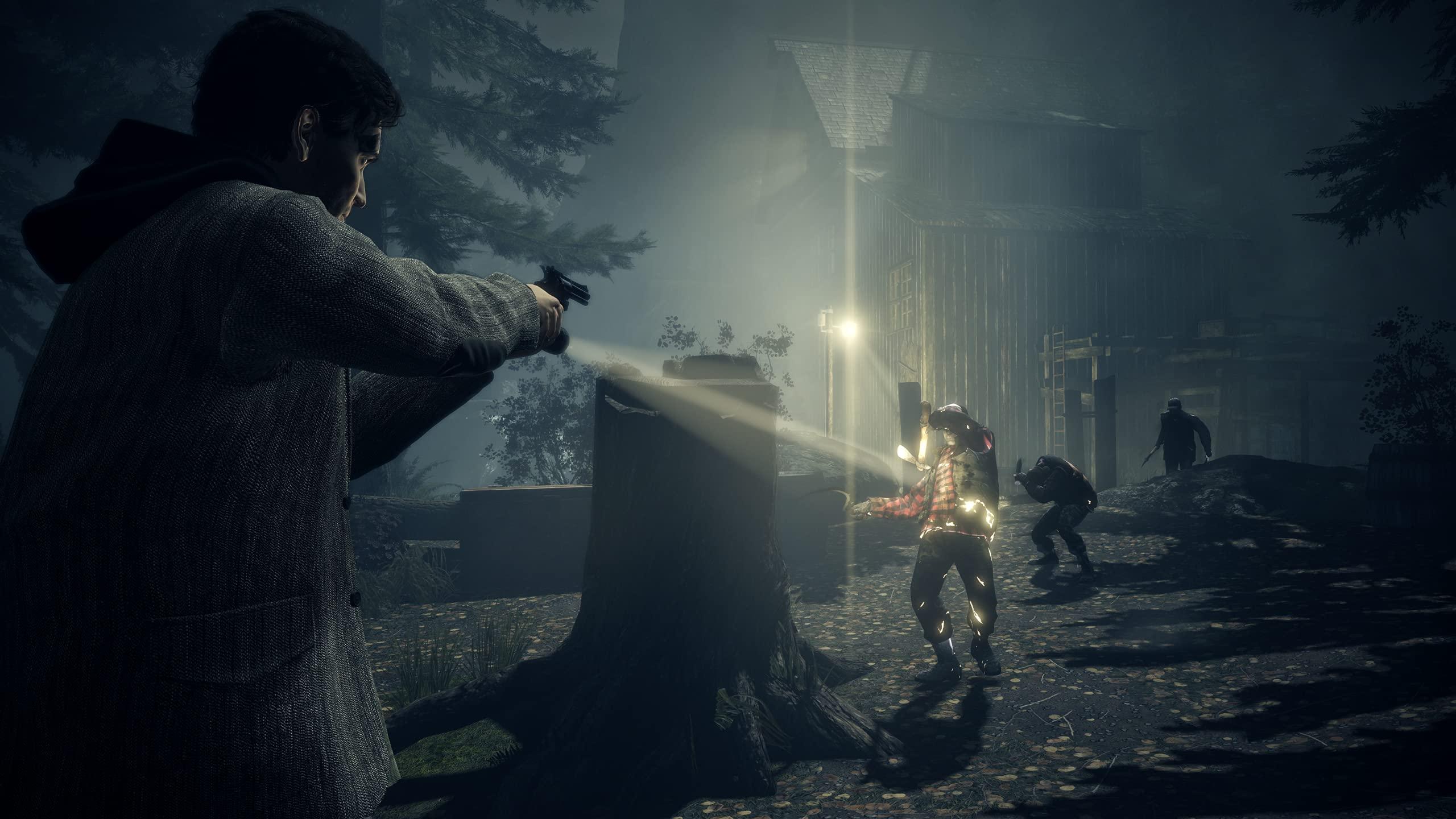The Current State of Alan Wake and Control Adaptations
The adaptations of Alan Wake and Control into film and television have been generating a buzz among fans and industry insiders alike, yet both projects remain in their infancy. Recent comments from developers and producers indicate that while there’s substantial interest and foundational concepts being discussed, projects are still “very early” in their development timelines. This hesitance is perhaps a reflection of the complexities involved in bringing such narrative-rich and interactive experiences to a different medium. The success of video game adaptations remains a mixed bag, with many struggling to capture the essence of their source material, raising questions about how closely these adaptations will align with the original games in terms of tone, story, and character development.
As these adaptations take shape, key elements are likely being prioritized to ensure that they resonate with both fans of the games and new audiences. The creative teams are focused on the following aspects:
- Character Depth: Both Alan Wake and Control are defined by their compelling protagonists. It will be crucial to explore their psychological landscapes to maintain viewer engagement.
- Narrative Structure: The video games utilize complex, non-linear storytelling, which will need careful translation to ensure clarity and intrigue in episodic or film formats.
- Aesthetic Integrity: The distinctive visual styles of the games, filled with haunting landscapes and atmospheric details, are expected to play a pivotal role in the adaptations’ success.
With the right direction, these adaptations could not only honor the source material but also innovate within the storytelling landscape, potentially paving the way for a new era of video game-inspired narratives in film and television.

Creative Challenges in Translating Video Games to Screen
Adapting video games into films or television series presents a myriad of creative challenges that can transform the source material in ways both captivating and contentious. Foremost among these challenges is the necessity to distill expansive narratives and intricate worlds into a concise and coherent format. Video games often feature:
- Rich narratives that unfold over hours of gameplay, requiring careful condensation without losing core themes.
- Interactivity that allows players to influence outcomes, which contrasts sharply with the linear storytelling of traditional media.
- Character development that may be deeply personal, needing expansion and exploration that a film’s runtime may struggle to accommodate.
Moreover, there’s the potential disconnect between long-time fans of the game and new audiences unfamiliar with the lore. Creators must strike a delicate balance, preserving the essence of beloved characters and settings while also appealing to a broader viewership. This task is compounded by the unique visual aesthetics that define many games, which may not seamlessly translate to live-action film or television. The results can often vary significantly based on how faithfully — or creatively — the adaptation aligns with the original game, forcing filmmakers to tread carefully between homage and innovation.

Potential Story Arcs and Character Development
In exploring the adaptations of Alan Wake and Control, creators have a rich tapestry of potential narratives to weave. Both franchises are steeped in psychological horror and supernatural elements, offering ample opportunities for compelling story arcs. The journey of Alan Wake, a struggling writer trapped in a nightmarish reality, could delve into his psychological unraveling, the complexities of creativity, and the fine line between fiction and reality. Meanwhile, the narrative possibilities within Control could explore the enigmatic Bureau of Control, focusing on how its roles in covering up paranormal events can lead to ethical dilemmas and moral conflicts. These foundational themes provide fertile ground for deep character exploration and transformative arcs.
Character development stands at the forefront of these adaptations’ potential success. For Alan Wake, the evolution of its namesake character could highlight his struggle against madness and his quest for redemption, appealing to viewers through relatable conflicts. Similarly, Control‘s protagonist, Jesse Faden, has a background rich in trauma and resilience, which can be further developed into a gripping narrative about personal empowerment against oppression. As audiences connect with these characters, they inspire engagement with their journeys and, ultimately, their battles against unseen forces. This character-driven approach promises a profound emotional resonance that can elevate both adaptations beyond standard genre fare.

Industry Insights on Securing Support for Adaptations
In the evolving landscape of video game adaptations, securing support for projects like Alan Wake and Control hinges on a variety of intricate factors. Industry insiders reveal that while the potential for success exists, the path forward is littered with challenges. Developers and producers face the task of aligning their creative visions with the expectations of both gaming audiences and traditional filmgoers. This duality can lead to extended deliberations as stakeholders aim to capture the essence of the source material while also appealing to a broader market.
Key components in establishing successful adaptations include:
- Collaborative Relationships: Building strong partnerships between game developers and film studios is crucial.
- Understanding Fan Base: Engaging with the existing fan community ensures adaptations resonate with those most invested in the original games.
- Narrative Depth: Creating a compelling storyline that enhances the original lore can attract not just gamers but also a new audience.
- Production Value: High-quality production design and attention to detail can elevate the project beyond typical adaptations.
As conversations continue, industry leaders emphasize the importance of patience and precision in these adaptations. The aim is not only to produce content that aligns with fan expectations but also to explore innovative storytelling that can stand on its own. While both Alan Wake and Control are still in their infancy within the adaptation process, the groundwork being laid could pave the way for groundbreaking portrayals of video game narratives in film and television.

